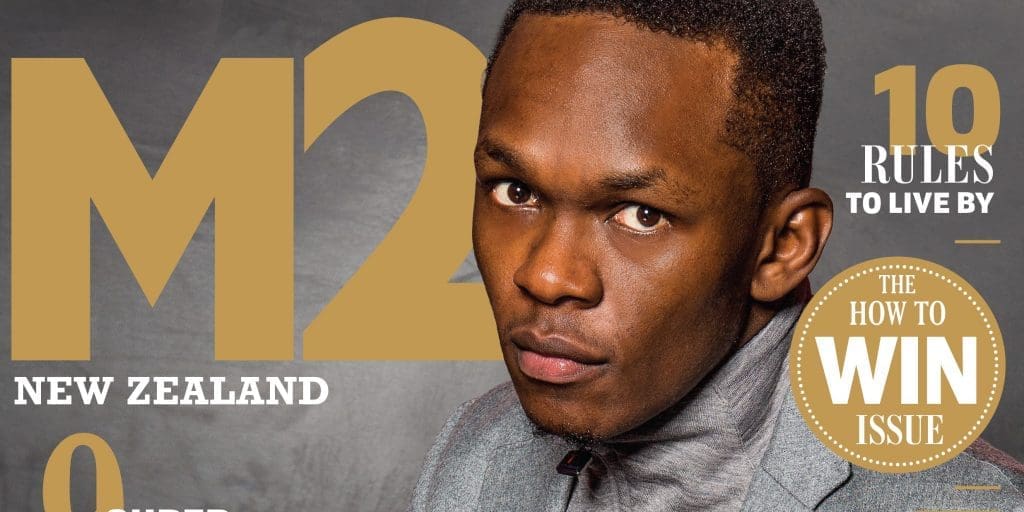Editor’s Letter – October 2018
Welcome to The How to Win issue. Yes, there is a kind of zero-sum game, capitalist overtone to that sentiment. A sentiment that seems a little old hat now. Over the last 10 years since the collapse of the Lehman Brothers and the financial carnage that ensued, certain priorities seemed to shift. Young, educated people who might have once aspired to Wall Street, traded in their BMWs for tiny houses, grew neck beards and started making kombucha. Open markets, free trade and economies of scale have started to swing back to protectionism, tariffs and subsidies.
We might have become hairier and less trusting of the free market but we haven’t necessarily learnt anything either by the way. Global and household debt is far more bloated now than in 2008. I guess this happens when you work fiscal stimulus and aggressive quantitative easing into a recovery plan. And to all intents and purposes, things have gone pretty well in terms of this recovery. But of course, with economic cycles there are ups and downs along the way and when the music stops, some people are left without a chair.
If reading about debt cycles is your idea of a fun evening, I would thoroughly recommend A Template For Understanding Big Debt Crises by one of the world’s most successful hedge fund managers, Ray Dalio. You can even download it for free at his site, principles.com. Sure, the title might not have quite the same ring to it as a Jeffrey Archer novel but it’s a great insight into where we are in the scheme of things and how everything impacts everything else. I’m not bringing this up as a warning in the negative either. Economic downturns bring huge opportunities for those that are ready for them. Many of those who invested in a number of undervalued asset classes in the investment graveyards of the 2008 crash have made fortunes. Some might say that they won.
But of course, the definition of winning is really only something that each of us can decide depending on what we want out of life. This issue is not about defining winning for you but to capture the lessons from those who have conquered the hurdles, doubts and fears to achieve their set goals. From an MMA fighter to Australasia’s greatest salesman, there are lessons that can be applied to any context. If your idea of winning is the big mansion and the superyacht, that’s all cool. If your idea of winning is to make enough money to start a school for underprivileged children, that is also very cool. Or do them both, that’s also cool. I don’t think winning always needs to be at the cost of other people winning.

